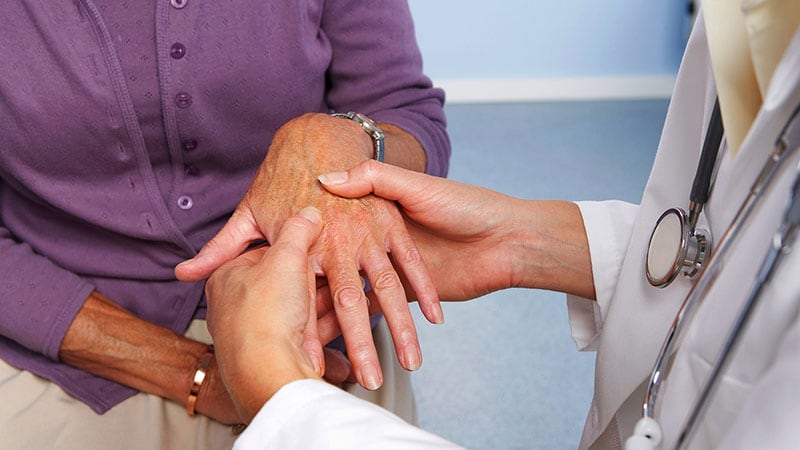After decades of steady progress, life expectancy at birth has stalled in England, whereas inequalities are rising and life expectancy has fallen for females living in the most deprived areas. However, less attention has been given to trends in other measures of population health, particularly health-related quality of life (HRQoL).
Researchers from the Centre for Primary Care and Health Services Research at the University of Manchester used nationally representative survey data on 3.9 million adults in England between 2012 and 2017 to examine HRQoL (measured by EQ-5D-5L overall score, plus each of the five health domains - mobility, self-care, usual activity, pain/discomfort and anxiety/depression).
They found that although HRQoL seemed steady overall between 2012 and 2017, there was evidence of increasing inequality across population subgroups, but there was a rise in sex disparity over time. The female-male gap in EQ-5D-5L increased from −0.009 in 2012 to −0.016 in 2017.
Trends for the youngest females and those living in the most deprived areas were of greatest concern to the authors of the study.
Females in the most deprived regions suffered a 1.3 per cent decrease in HRQoL over the study period, compared with a 0.5 per cent decrease for males. The key contribution to the decline in HRQoL, particularly in females, was a 1.5 per cent increase in reported levels of anxiety/depression.
Presenting the findings in the British Journal of General Practice, the authors say “developing interventions to address these worrying trends should be a policy priority” and, in particular, should focus on mental health in younger populations, especially for females and people living in deprived areas.



